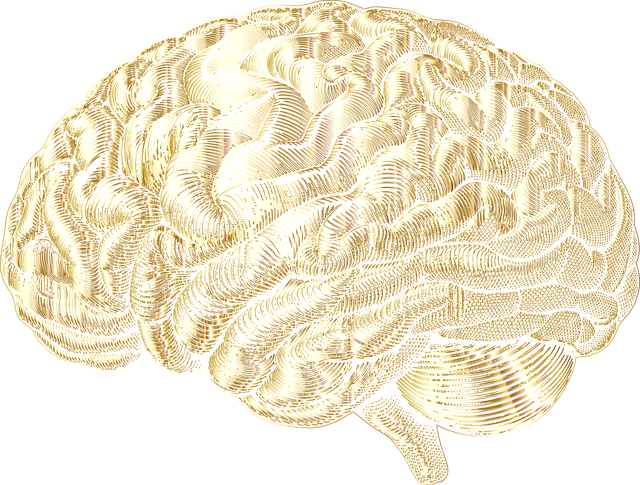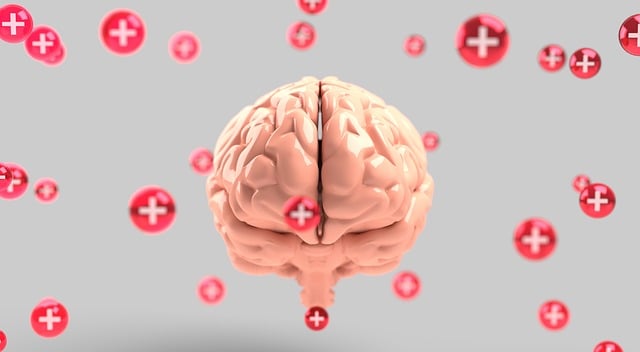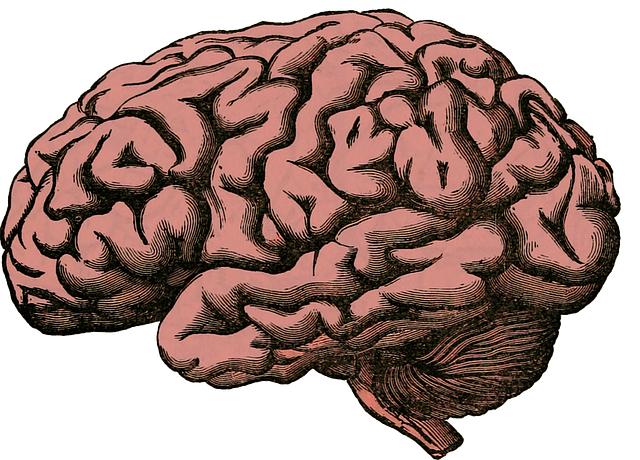In Littleton, stigma around Attention Deficit Disorder (ADD) and Attention Deficit Hyperactivity Disorder (ADHD) severely limits access to essential therapy, leading to social isolation and fear of seeking help. To combat this, key strategies include healthcare provider training in cultural competency and risk management planning for mental health professionals. Community engagement through public discussions, workshops, and educational sessions normalizes conversations about mental illness. Littleton ADD-ADHD Therapy goes beyond traditional therapy with outreach programs that foster empathy, break down misconceptions, and empower individuals with self-care strategies, collaborating with schools, workplaces, and community centers to create a more inclusive and supportive environment for those living with ADD and other mental health conditions.
In the pursuit of fostering a more accepting society, this article delves into the profound impact of mental illness stigma and its effects on individuals, particularly those with Attention Deficit Disorder (ADD) or ADHD in Littleton. We explore effective strategies for reducing stigma through community engagement and education initiatives. Furthermore, a case study highlights the transformative power of therapy in empowering individuals to overcome mental health-related stereotypes, focusing specifically on the context of Littleton ADD-ADHD Therapy.
- Understanding the Impact of Stigma on Mental Health: A Focus on ADD-ADHD in Littleton
- Strategies for Reducing Stigma: Community Engagement and Education
- The Role of Therapy in Overcoming Mental Illness Stigma: A Case Study from Littleton ADD-ADHD Therapy
Understanding the Impact of Stigma on Mental Health: A Focus on ADD-ADHD in Littleton

In Littleton, the impact of stigma on mental health, specifically among individuals with Attention Deficit Disorder (ADD) or Attention Deficit Hyperactivity Disorder (ADHD), is profound and far-reaching. Stigma often manifests as misunderstanding, prejudice, and discrimination, leading to social isolation and a fear of seeking help. Many struggle to access appropriate Littleton ADD-ADHD therapy due to the negative perceptions surrounding these conditions. This not only hinders their ability to receive effective treatment but also contributes to a cycle of underachievement and low self-esteem.
Efforts to reduce stigma are crucial for fostering an environment where individuals with mental health challenges, including ADD/ADHD, can thrive. Healthcare provider cultural competency training plays a vital role in this process by equipping professionals with the knowledge and skills to understand and address the unique needs of diverse populations. Moreover, risk management planning for mental health professionals ensures that they are equipped to handle sensitive situations effectively while maintaining patient safety. By promoting mood management strategies and providing access to Littleton ADD-ADHD therapy, we can help individuals overcome barriers caused by stigma and work towards a healthier, more supportive community.
Strategies for Reducing Stigma: Community Engagement and Education

Stigma reduction is a multifaceted approach, and community engagement plays a pivotal role in fostering understanding and acceptance. By bringing mental health discussions into public spaces, schools, workplaces, and social gatherings, we can normalize conversations about mental illness. This involves organizing workshops, panel discussions, or informational sessions led by mental health professionals, individuals with lived experiences, and family members. These initiatives help dispel myths and provide accurate information, fostering empathy and compassion within the community.
Education is a powerful tool in this process. Incorporating mental health education into school curricula can equip young minds with the knowledge to recognize signs of distress in themselves and others, promoting early intervention. Furthermore, training programs for employers and colleagues can enhance emotional intelligence and create supportive work environments. The ultimate goal is to integrate mental wellness as an integral part of community life, mirroring efforts from Littleton ADD-ADHD Therapy in promoting open dialogue and understanding, thereby reducing the barriers imposed by stigma.
The Role of Therapy in Overcoming Mental Illness Stigma: A Case Study from Littleton ADD-ADHD Therapy

At Littleton ADD-ADHD Therapy, our commitment to stigma reduction goes beyond traditional therapy sessions. We actively engage in community outreach programs designed to foster empathy and understanding among various segments of society. Through interactive workshops and educational seminars, we break down misconceptions about mental illness, focusing specifically on Attention Deficit Disorder (ADD) and its manifestations. By sharing personal stories and offering practical self-care routine development strategies, our therapists empower individuals to take control of their mental health.
This holistic approach extends to collaborative initiatives with local schools, workplaces, and community centers, implementing empathy building strategies that encourage open dialogue about mental wellness. Our case studies consistently demonstrate the transformative power of these efforts, leading to improved support networks for those living with ADD and other mental health conditions. Through these collective actions, Littleton ADD-ADHD Therapy is not only providing therapy but also cultivating a more inclusive and supportive environment where everyone can thrive.
Mental illness stigma reduction is a multifaceted effort that requires community engagement, education, and therapeutic support. As highlighted by the case study on Littleton ADD-ADHD Therapy, access to effective treatment plays a crucial role in overcoming mental health stigma. By fostering understanding through community initiatives and personalized care, we can create a more inclusive environment for those living with conditions like ADD/ADHD. Continuous efforts to reduce stigma are essential for improving mental well-being and ensuring individuals receive the support they need, ultimately benefiting Littleton and communities worldwide.













